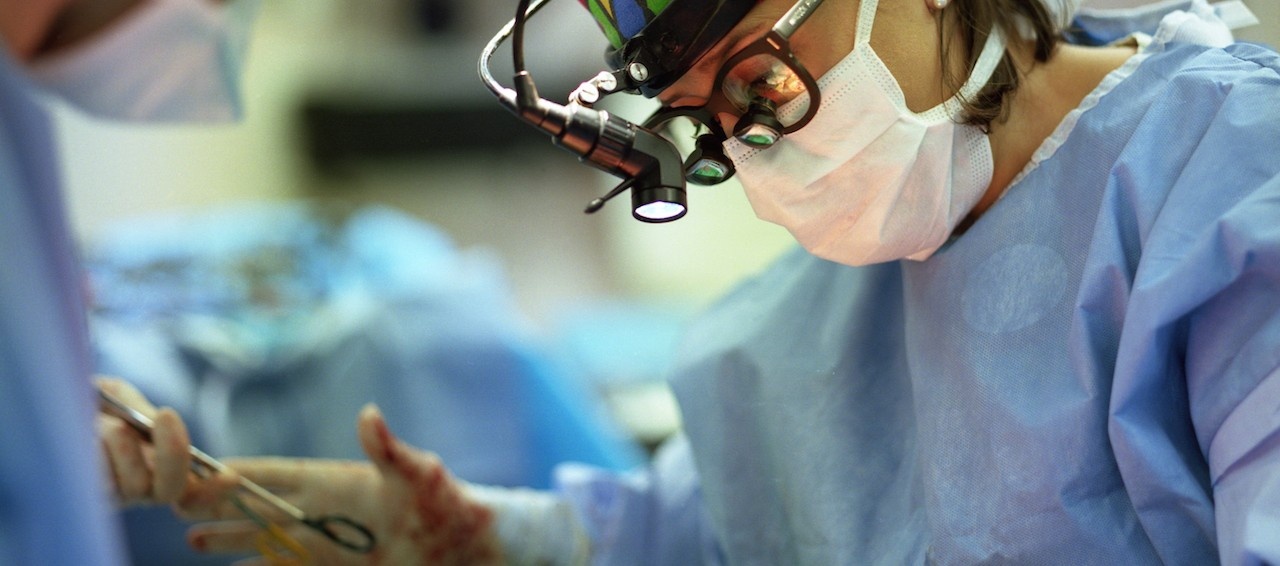Program Structure
Comprehensive, hands-on learning
In our five-year training program, residents rotate through four to twelve weeks in various subspecialties of Otolaryngology─Head and Neck Surgery as well as related fields on other services.
Our residency program is structured in a competency-based medical education format in four phases:
Additional training experiences
Throughout our training program, you will have access to numerous other educational experiences to enhance your training, including:
- a robust weekly academic half-day program, where you will receive educational content related to our specialty through both self-learning and didactic content from surgeons in the program, other physicians and other health professionals
- an extensive research program in otolaryngology─head and neck surgery
- the annual Division of Otolaryngology Research Day, where you and other learners present their research projects
- a visiting speaker program, with invited guests from across the world who deliver lectures to the staff and residents at least twice per year
- weekly grand rounds
- journal clubs (six times per year)
- cadaveric surgery training in our temporal bone dissection lab as well as the Dalhousie Surgical Skills Centre
- generous educational allowances (both in time and funding) to attend courses and conferences throughout North America, including mandatory courses on temporal bone dissection and endoscopic sinus surgery and
- extensive preparatory sessions for the RSCPS examination
